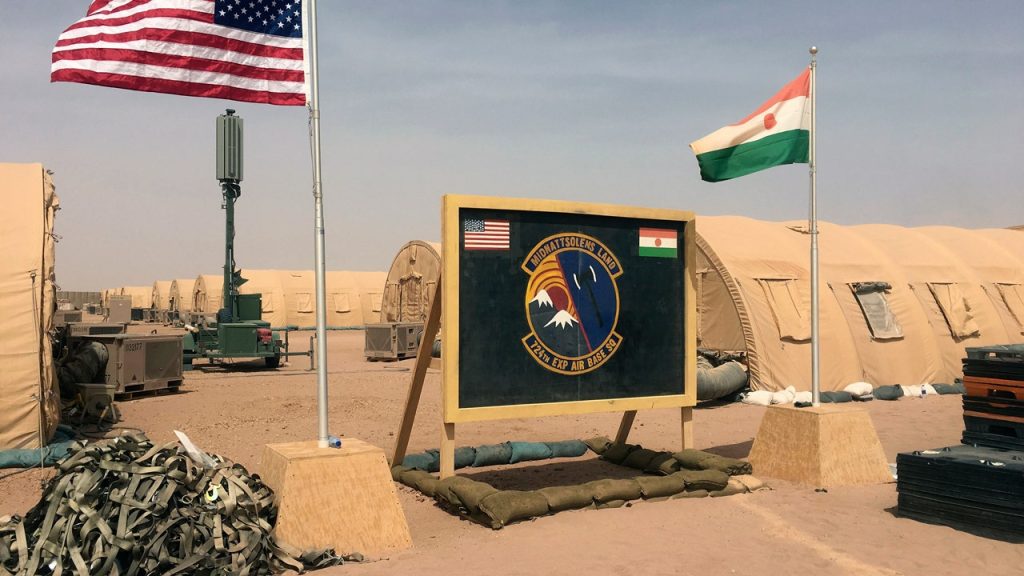U.S. troops in the West African country of Chad are accounted for after reports of gunfire and five alleged deaths following the Presidential election results. The incumbent interim President Mahamat Deby is claimed to have won 61% of the votes polled. Most of the weapons fire was in celebration, but there were reports of five people being killed in the capital, N’Djamena. The U.S. had approximately 100 military personnel operating in Chad, most of whom were Special Forces troops fighting the threat of Islamist terror in the Sahel region.
Chad’s military junta, which leans toward Russia, had ordered some U.S. troops to leave the country causing a standoff. Negotiations between Washington and N’Djamena led to the temporary removal of some U.S. troops for the country’s elections, with plans to return after. A similar situation is unfolding in Niger, where the military junta favored Russia and asked 1,000 U.S. military personnel and contractors to leave in March. The U.S. has been operating manned and unmanned flight operations against Jihadist forces from two bases in Niger.
The U.S. is in discussions with Niger regarding an orderly withdrawal of U.S. forces from the country. Reports indicate that Wagner mercenaries, the Kremlin’s private army, have been allowed by Niger to operate on the same airbase as U.S. forces, raising concerns about intelligence risks. Defense Secretary Lloyd Austin downplayed the presence of Russian forces, stating that there are no significant issues in terms of force protection because they are in different sections of the airport compound.
Russian and U.S. military personnel are in close proximity in Niger, with deconfliction procedures in place to avoid direct confrontation and escalation. However, there are concerns about counter-intelligence risks and the Russians collecting intelligence on U.S. military operations. U.S. Marine Corps Gen. Michael E. Langley emphasized the importance of having troops on the ground in Africa to address issues like terrorism, poverty, food insecurity, climate change, and mass migration which can lead to violent extremism and Russian exploitation.
Despite ongoing negotiations about the withdrawal of U.S. forces from Niger, there are concerns about resupply and transport assistance for U.S. personnel in the region. Commercial airlines have been used for transfers, as military flights have been limited in recent months. The situation in Africa remains fluid with various countries taking different stances regarding U.S. military presence, posing challenges for security and counterterrorism efforts in the region. The U.S. continues to monitor the situation and engage in discussions with African nations to address shared security concerns.


